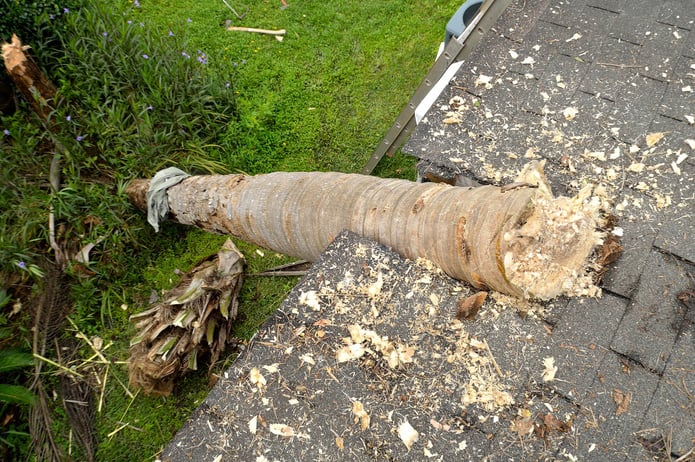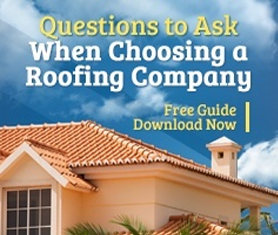The topic of roof damage coverage under homeowners' insurance is complex, yet crucial for property owners to understand. Generally, homeowners' insurance policies cover roof damage to a certain extent, but the specifics can vary based on the policy and the cause of the damage. Let’s explore what is typically covered and what isn’t.

-
What Is Covered
Natural Disasters and ‘Acts of God’: Most policies will cover roof damage that is the result of unpreventable natural occurrences, often referred to as ‘acts of God’. This includes severe weather events such as hurricanes, tornadoes, heavy thunderstorms, straight-line winds, hail, and snowstorms. For instance, if a tree limb falls on your roof during a storm, this is usually covered.
Specific Perils: Damage resulting from fire, hail, wind, and similar perils are usually covered by homeowners' insurance. If a fire, for example, scorches your roof, or hail creates dents and cracks in the roofing material, insurance typically helps pay for repairs or replacement.
Associated Damage: If the roof damage leads to other issues, like water damage to interior ceilings and walls, or damage to personal belongings, dwelling coverage and personal property coverage respectively, might come into play to cover these secondary damages.
What Isn’t Covered
Wear and Tear: Issues that stem from general wear and tear or poor maintenance over time are not covered by insurance. This includes problems like gradual deterioration, rot, or mold that develop due to the age of the roof or neglect.
Exclusions and Limitations: Some policies have specific exclusions, such as for wind or hail. Additionally, if your roof is above a certain age, your policy may only cover its actual cash value, not the cost of replacement. This can mean a lower payout than the actual replacement cost.
Preventable or Man-Made Damage: Damage that results from preventable actions, such as poor construction or maintenance, is usually not covered. Similarly, if the damage is intentional or due to a homeowner's actions, insurance will not cover it.
Factors That Affect Coverage
- Policy Type and Details: Each policy has its own terms, conditions, and exclusions, which can significantly affect coverage.
- Cause of Damage: The specific cause of roof damage is crucial in determining whether it is covered.
- Age and Condition of Roof: Older roofs may have limited coverage, and roofs in poor condition before a damaging event might not be covered.
- Deductibles: You will have to pay a deductible when you file a claim, which can vary depending on the cause of the damage.
Understanding what your homeowners' insurance policy covers in terms of roof damage is essential for effectively managing your property. If you're unsure about the specifics of your coverage, it’s best to consult with your insurance provider to clarify your policy's terms.
Have More Questions? Contact Our Team at First Quality Roofing
If you've experienced roof damage and are curious about whether it is covered by your insurance, don't hesitate to Contact Us for assistance. Our team is ready to answer your questions!
















